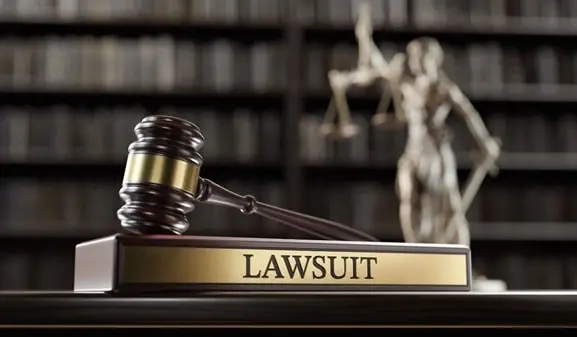Starbucks, a global leader in coffee and beverages, is embroiled in a class action lawsuit that alleges false advertising related to its popular “Refresher” drinks. The lawsuit claims that the fruity beverages, such as the Mango Dragonfruit, Strawberry Açaí, and Pineapple Passionfruit Refreshers, mislead consumers by suggesting they contain real fruit when, in fact, they do not. This legal battle has attracted significant attention, raising important questions about corporate transparency and consumer rights.
Background of the Starbucks Class Action Lawsuit
The class action lawsuit was initiated in August 2022 by two customers, Joan Kominis and Jason McAllister, who argue that Starbucks falsely advertises its Refresher drinks by naming them after fruits that the beverages do not contain. According to the plaintiffs, consumers are led to believe that drinks like the Mango Dragonfruit Refresher contain mango and dragonfruit when, in reality, the beverages are primarily made from water, grape juice concentrate, and sugar, with no actual fruit from the named ingredients.
The lawsuit, filed in a New York federal court, focuses on the fact that the names of the drinks suggest the presence of real fruits, which influence consumers’ decisions to purchase them. This claim of false advertising has drawn significant consumer attention, as many feel deceived by the ingredient list versus the menu descriptions.
Legal Arguments and Proceedings
Starbucks has fought back, arguing that the names of the Refreshers describe the drinks’ flavors, not necessarily the ingredients. The coffee giant’s legal team attempted to have the case dismissed, claiming that consumers should not expect the drinks to contain the literal fruits listed in their names. However, U.S. District Judge John P. Cronan rejected Starbucks’ motion to dismiss most of the claims in September 2023, ruling that it was reasonable for customers to expect that the beverages contain actual fruit based on the menu descriptions and advertising.
While Starbucks managed to get certain elements of the lawsuit dismissed, such as the claims of intentional fraud and unjust enrichment, the core allegations of false advertising and deceptive marketing practices remain. The case now moves forward, with Starbucks maintaining that it looks forward to defending itself in court.
Consumer Reactions
The lawsuit has sparked a wide range of reactions from Starbucks customers. Some feel misled and cheated, having assumed the drinks contained the fruits listed in their names. Others believe that the lawsuit is overblown, arguing that the names of the drinks simply refer to the flavors rather than the actual ingredients. Many loyal Starbucks customers, however, have voiced frustration, claiming they spent significant amounts of money on these drinks under the belief that they were consuming healthier, fruit-based beverages.
Broader Implications for Consumer Rights
This case is part of a broader trend in the food and beverage industry where consumers are increasingly challenging companies over what they consider to be deceptive marketing practices. False advertising lawsuits are becoming more common as consumers demand greater transparency about the products they purchase. In the Starbucks case, the court’s decision to allow the lawsuit to proceed could have significant implications for the company’s marketing strategies and how other businesses label their products.
If Starbucks loses this case, the company may face substantial financial penalties and be forced to change how it markets its Refreshers. Moreover, the outcome could set a precedent for future cases involving misleading product labels and advertisements, prompting companies to reevaluate how they describe their offerings to avoid similar legal challenges.
Conclusion
The Starbucks Refresher class action lawsuit is a significant legal battle that highlights the importance of truth in advertising and the rights of consumers to accurate product information. As the lawsuit progresses, the outcome could reshape how companies label and market their products, particularly in the highly competitive food and beverage industry. Consumers are now more empowered than ever to challenge misleading marketing, and businesses must take heed to avoid similar legal entanglements. For Starbucks, this case could prove to be a costly lesson in transparency and consumer trust.


